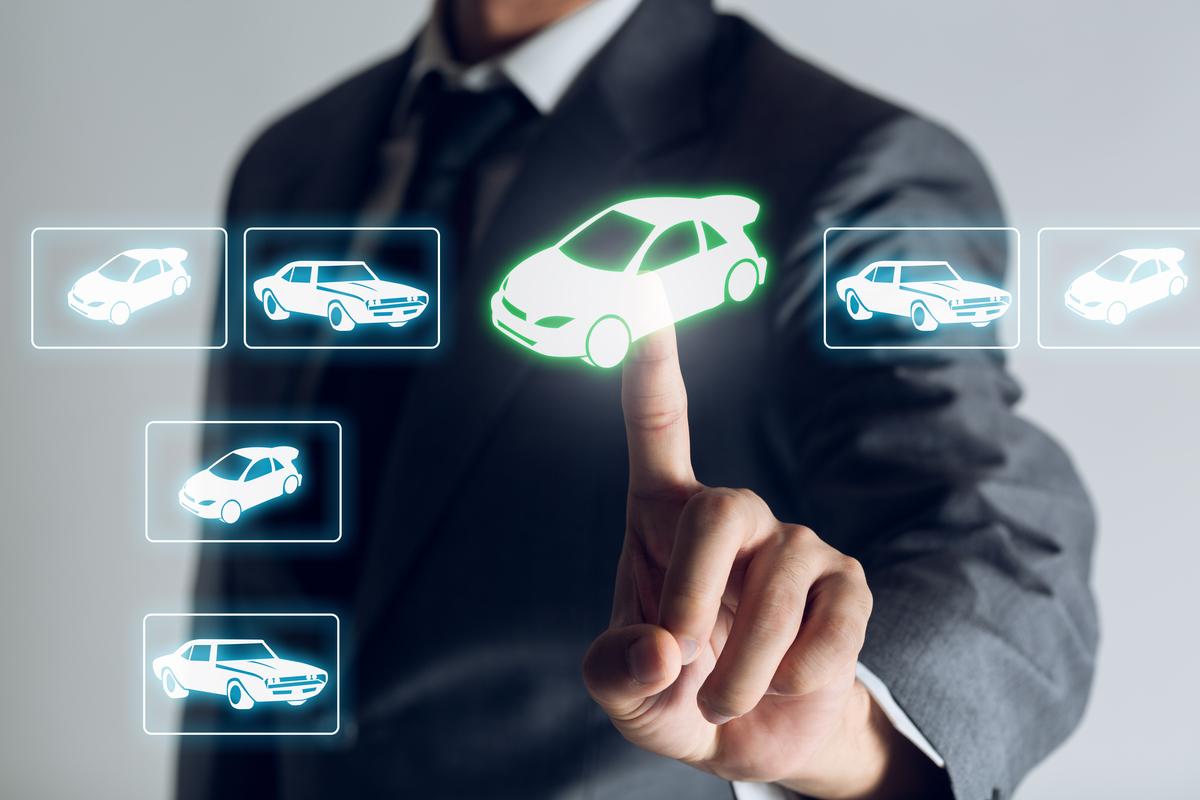CROMWELL, Conn.—Social distancing guidelines during the COVID-19 pandemic have fueled an unprecedented shift to online shopping for consumer goods of all kinds, including vehicles, with particularly high demand for recreational vehicles (RVs). Many online platforms list cars, trucks, vans and RVs for very low prices, with sellers offering to make third-party delivery arrangements if the buyer pays via escrow. In reality, neither the automobile nor the escrow company exists -- leaving the buyer without their money or their vehicle.
According to the study, websites such as Craigslist are rife with advertisements for low-price vehicles, with seemingly eager sellers often claiming that the reduced price is because of an upcoming military deployment overseas, a divorce, or the death of a family member to whom the vehicle belonged. Victims are directed to pay a supposedly independent third party, typically by wire transfer, to hold money in escrow and ship the vehicle. However, no vehicle is ever delivered.
“Buying a vehicle online from a reputable seller can be a safe and convenient way to shop during COVID-19, but as with any high-profile situation, scammers are finding ways to take advantage of unwitting buyers,” said Luke Frey, BBB spokesperson. “Consumers should use extreme caution so as not to let a low price and a sad story lure them into paying for a vehicle that does not exist.”
Scammers sometimes claim that the transaction is protected by the eBay vehicle protection program. In other cases, they invent bogus websites connected to shipping escrow companies with addresses in towns across the U.S., particularly the Midwest. Those sometimes use the names and addresses of real businesses or car dealerships.
Available data suggests that fake online vehicle sales are increasing, but the scope of this fraud can be difficult to gauge because many law enforcement agencies do not track it as a separate complaint category. The Internet Crime Complaint Center has reported receiving tens of thousands of vehicle escrow scam reports, with losses in the tens of millions. Criminal cases likewise reflect millions of dollars in losses. BBB receives hundreds of BBB Scam Tracker reports annually about fake vehicle shippers and escrow companies, with 41% of victims reporting they lost money.
Major investigations and prosecutions in New York, Kentucky and Europe have connected this fraud to Romanian nationals and others living in the U.S., Romania and elsewhere in Europe. In the most recent U.S. case, the Secret Service and the Kentucky State Police led an organized crime prosecution that charged 20 people, with a reported $1.8 million in victim funds converted to bitcoin and transferred to Romania. Fifteen defendants have pleaded guilty, three are fugitives, and two others are scheduled to go to trial in fall 2020. Romanian law enforcement provided key support in the case.
How to avoid car scams

